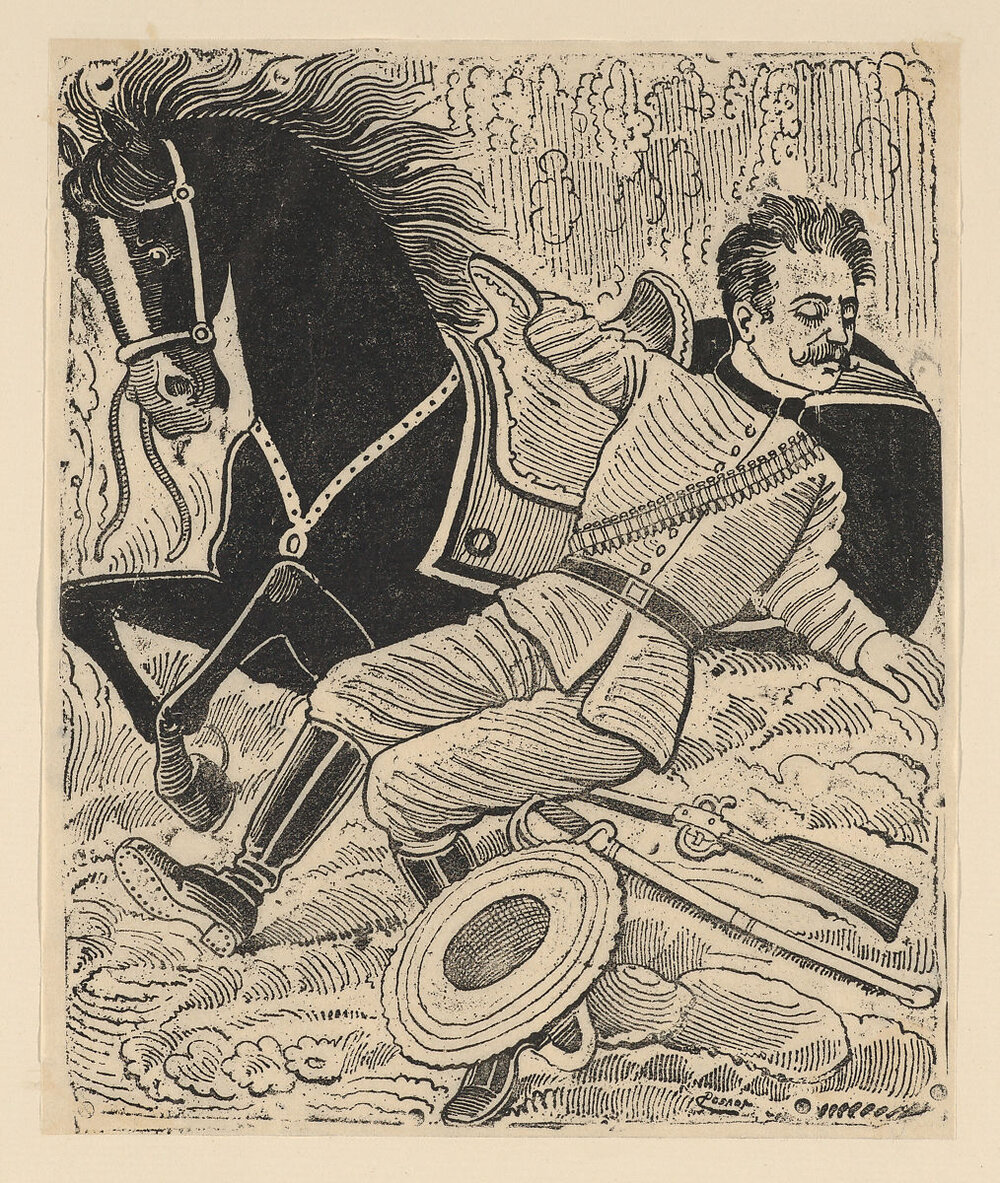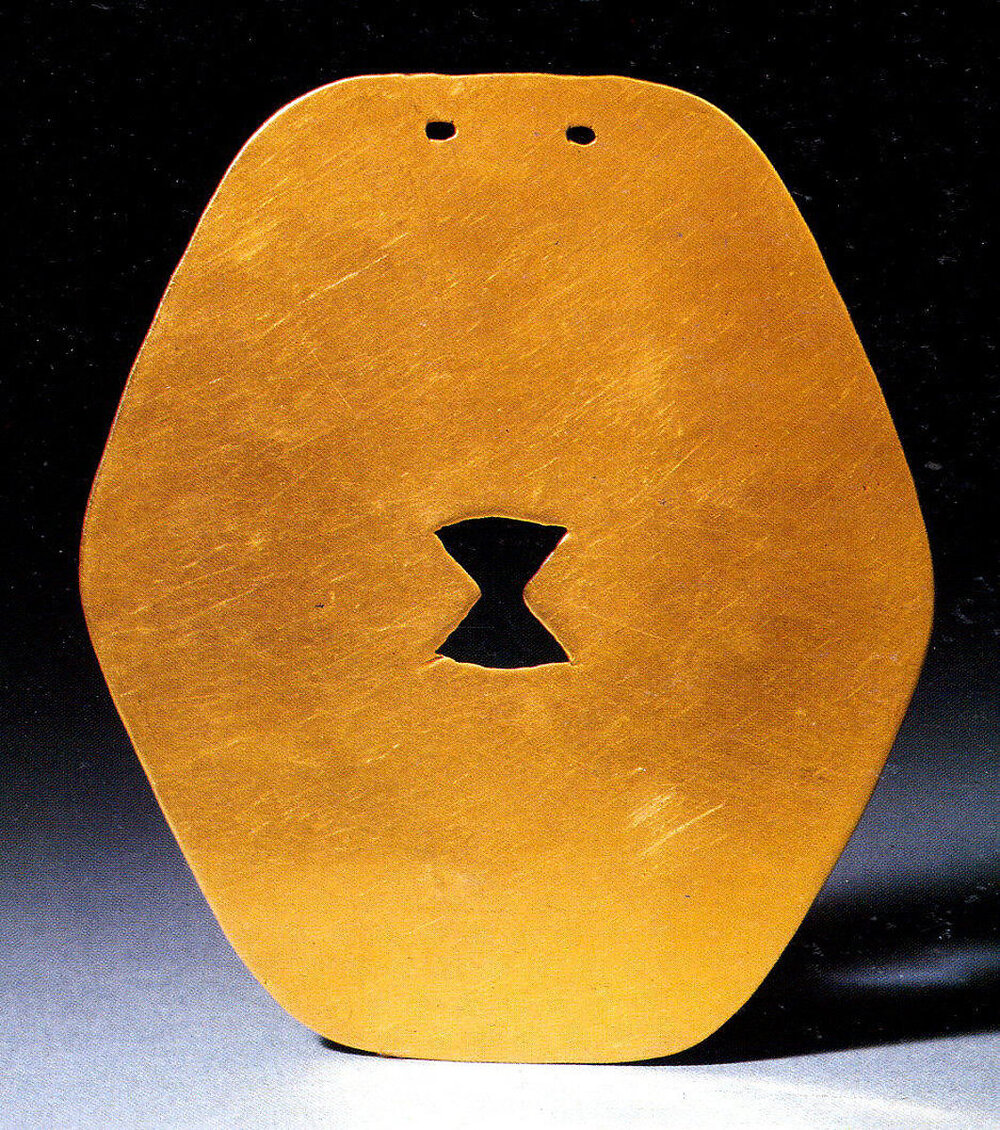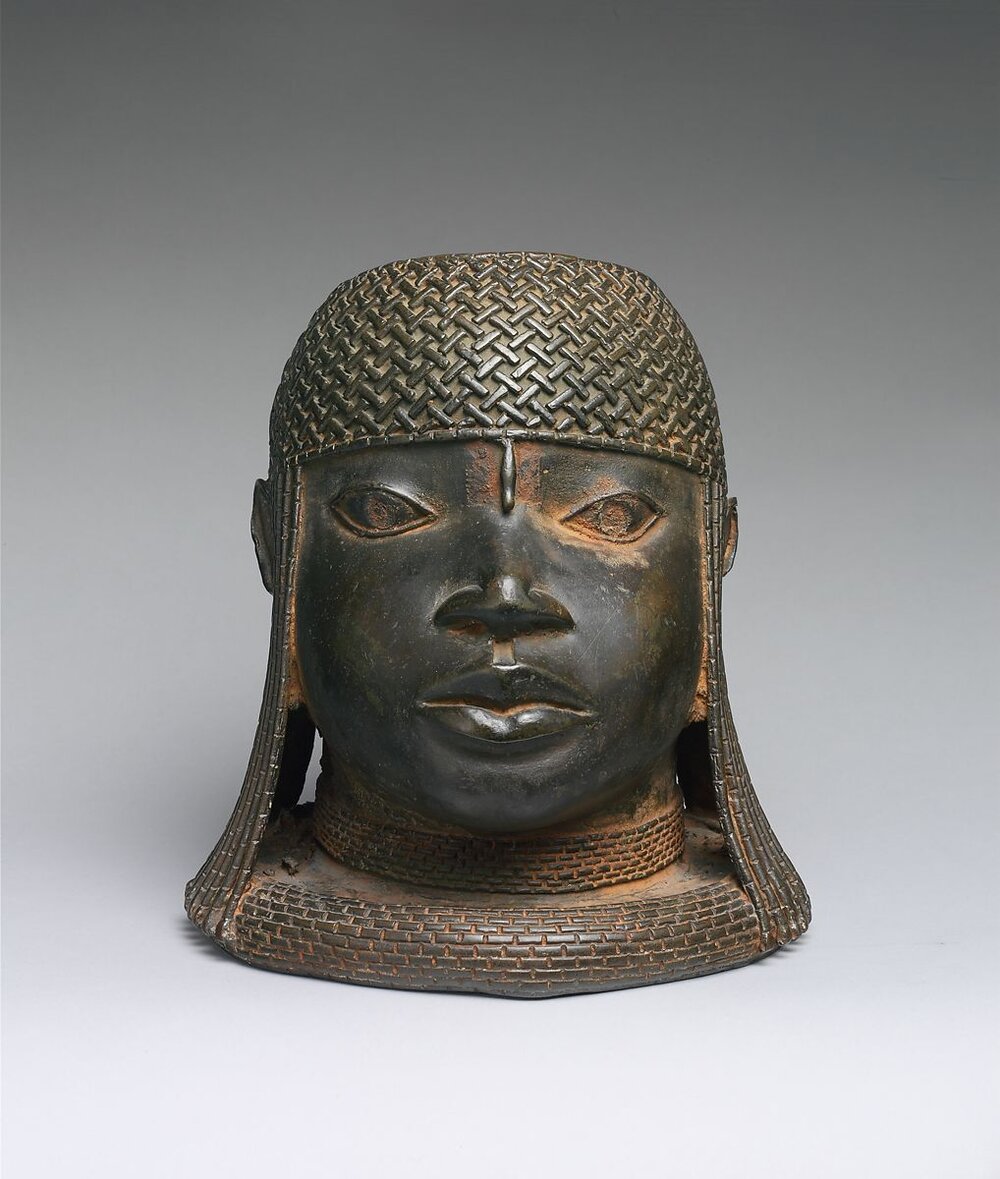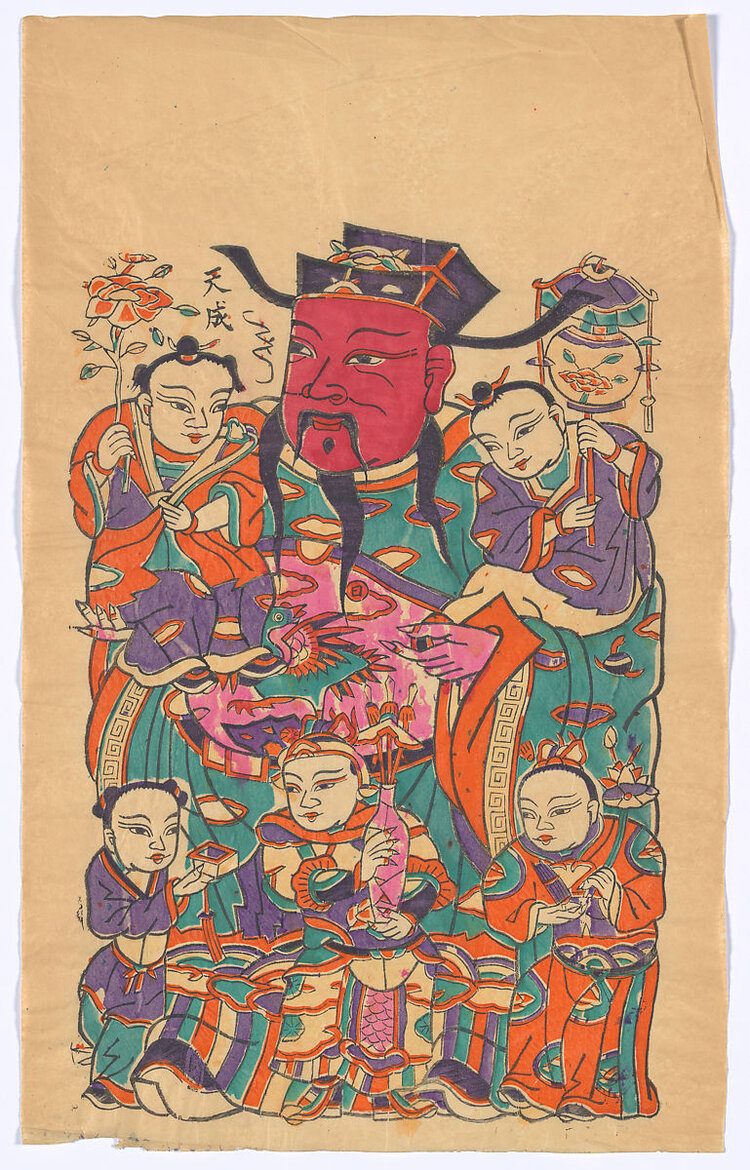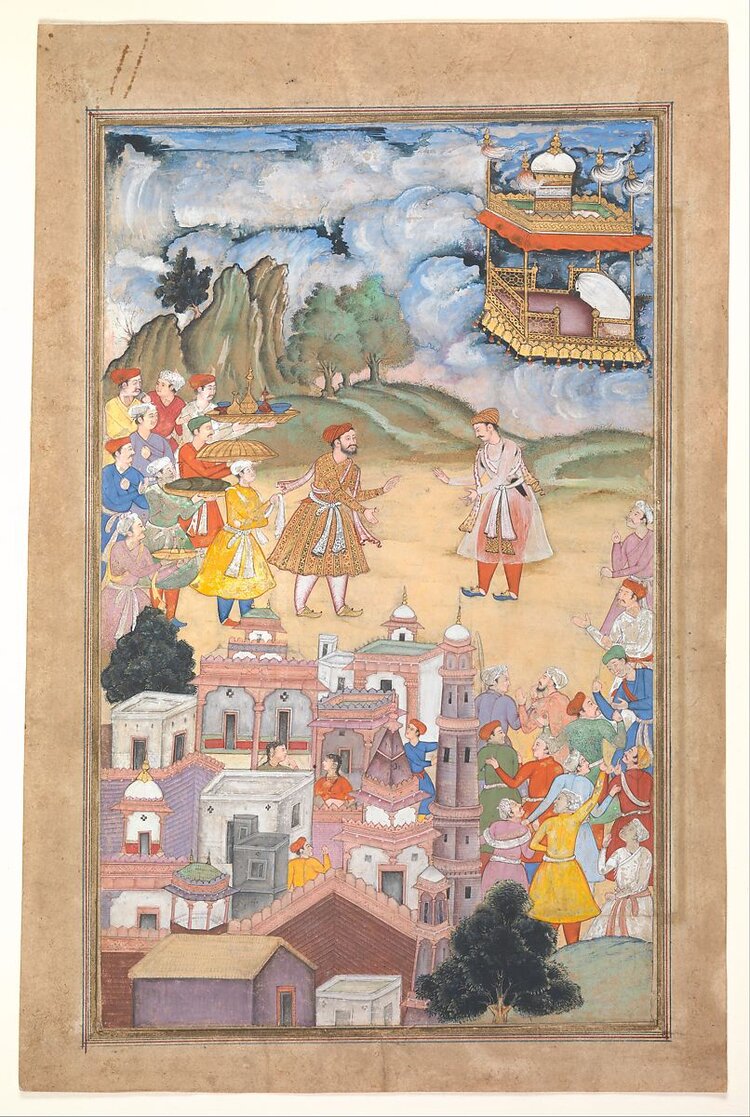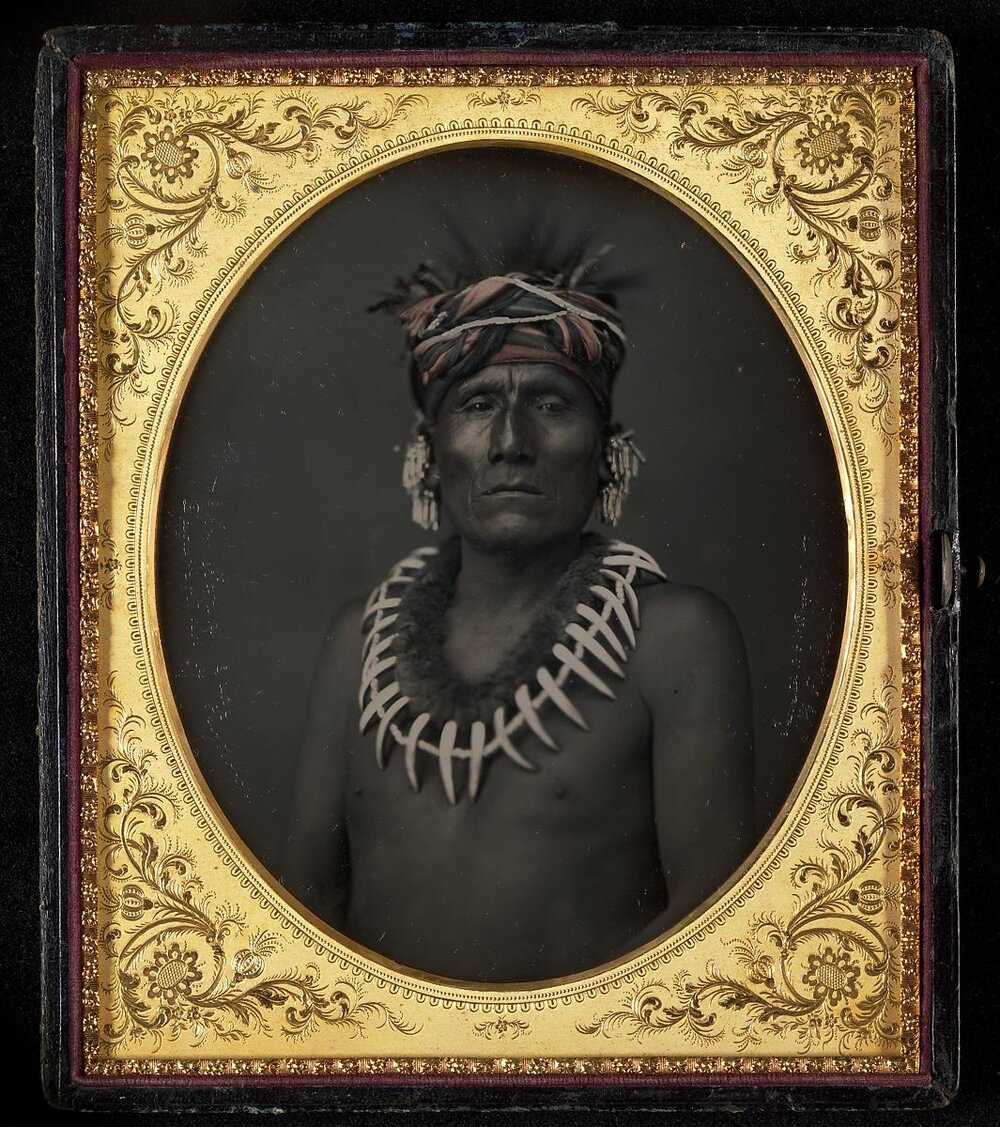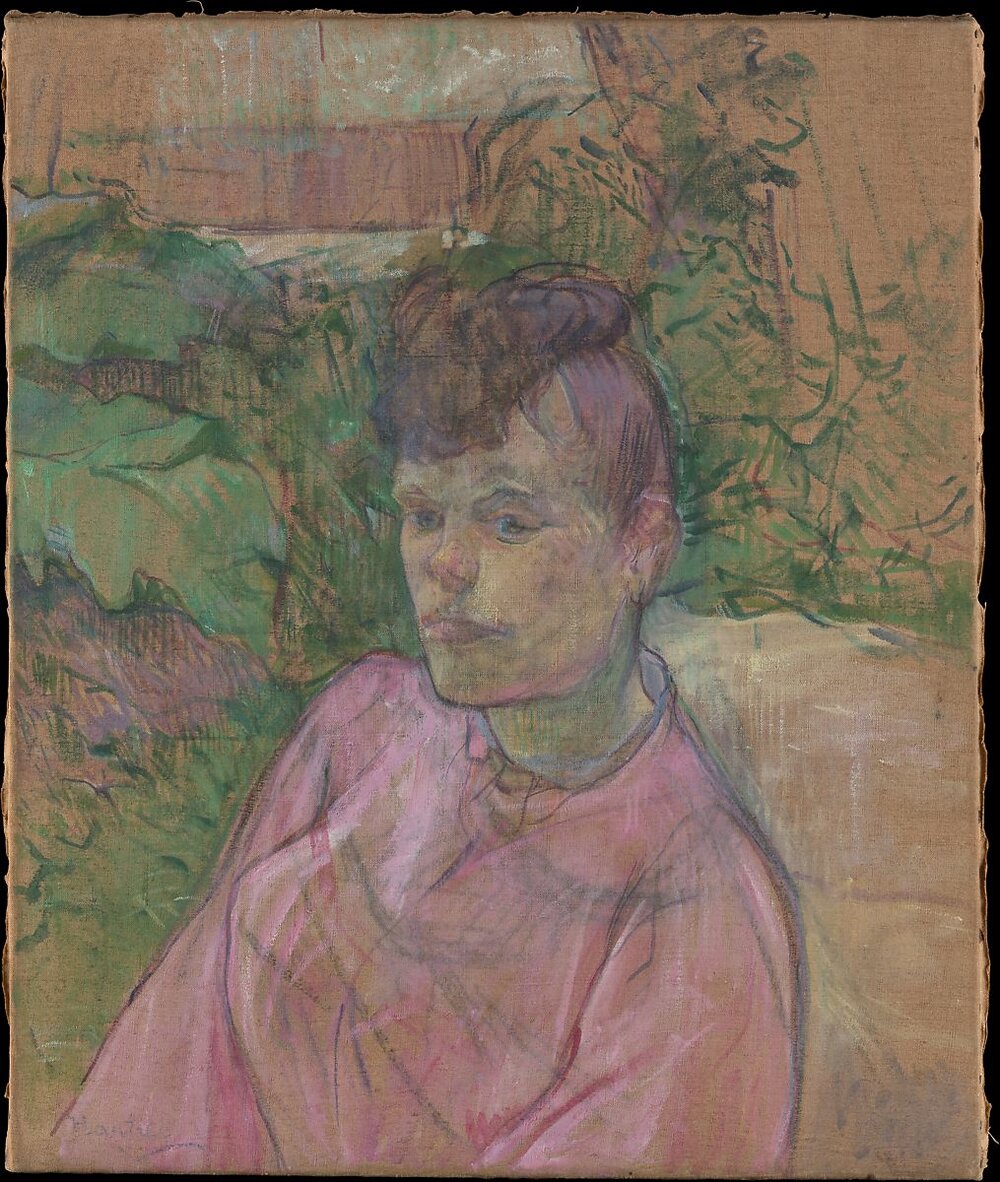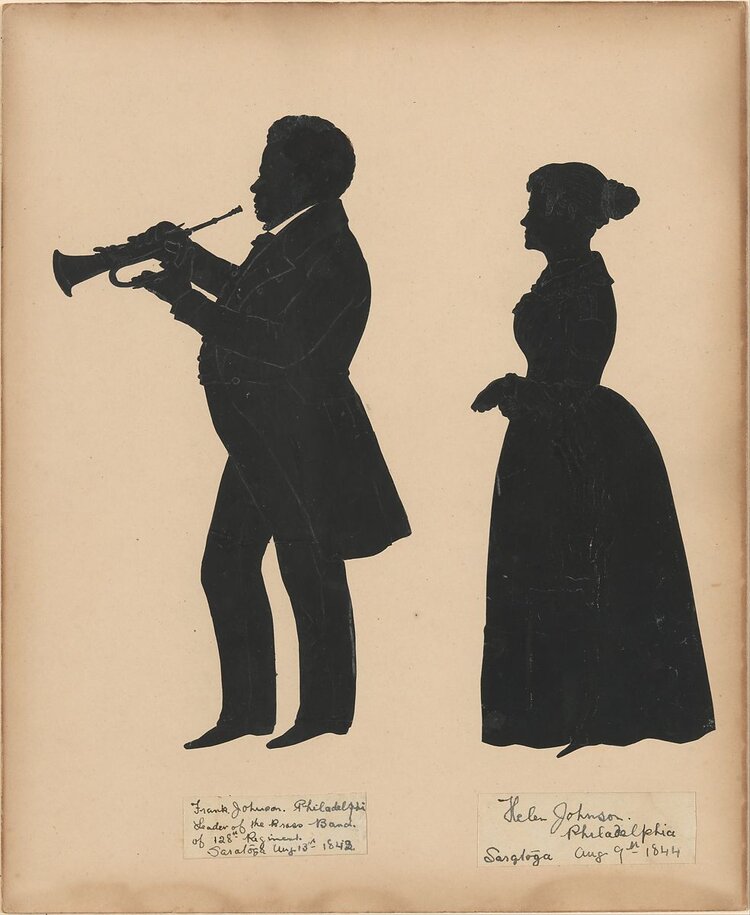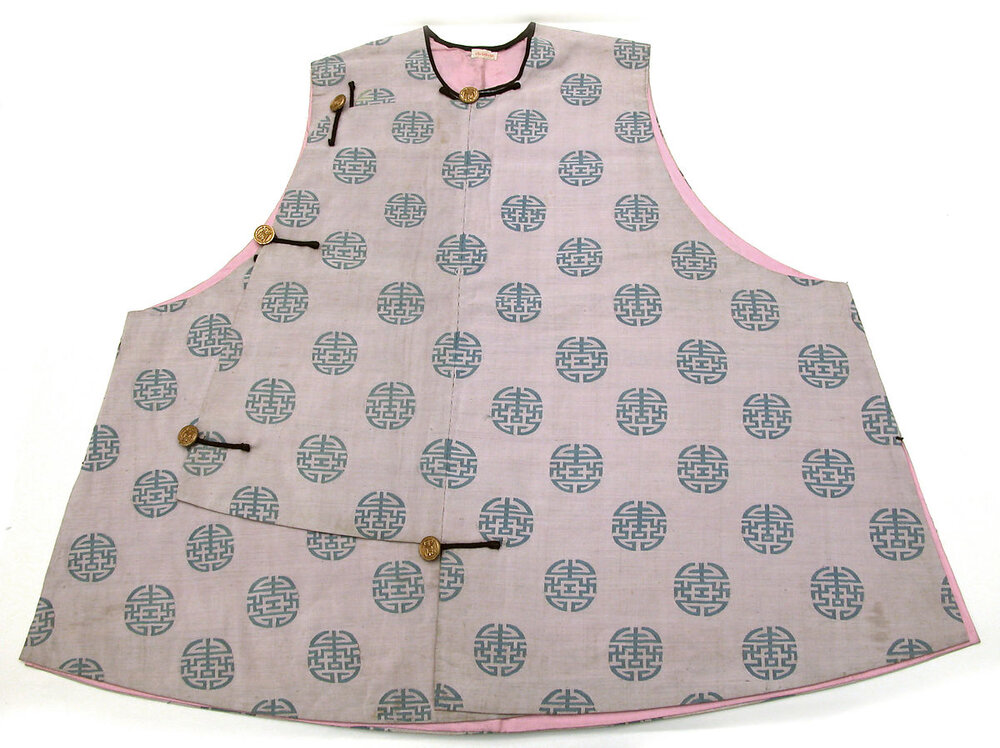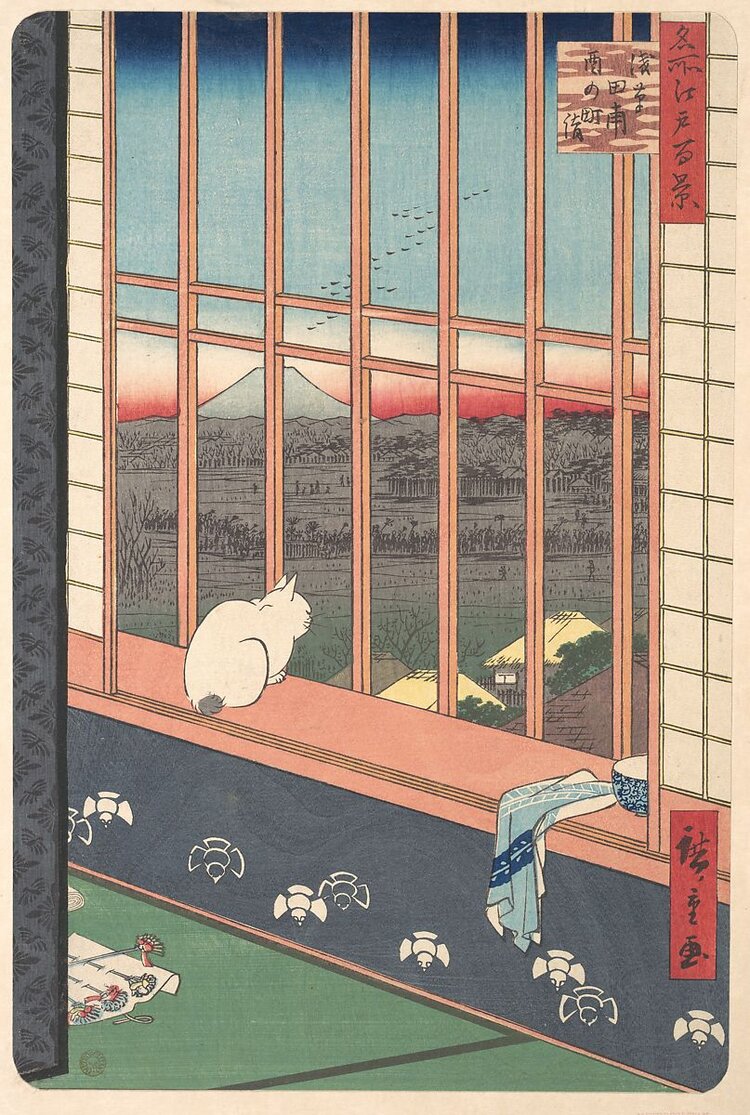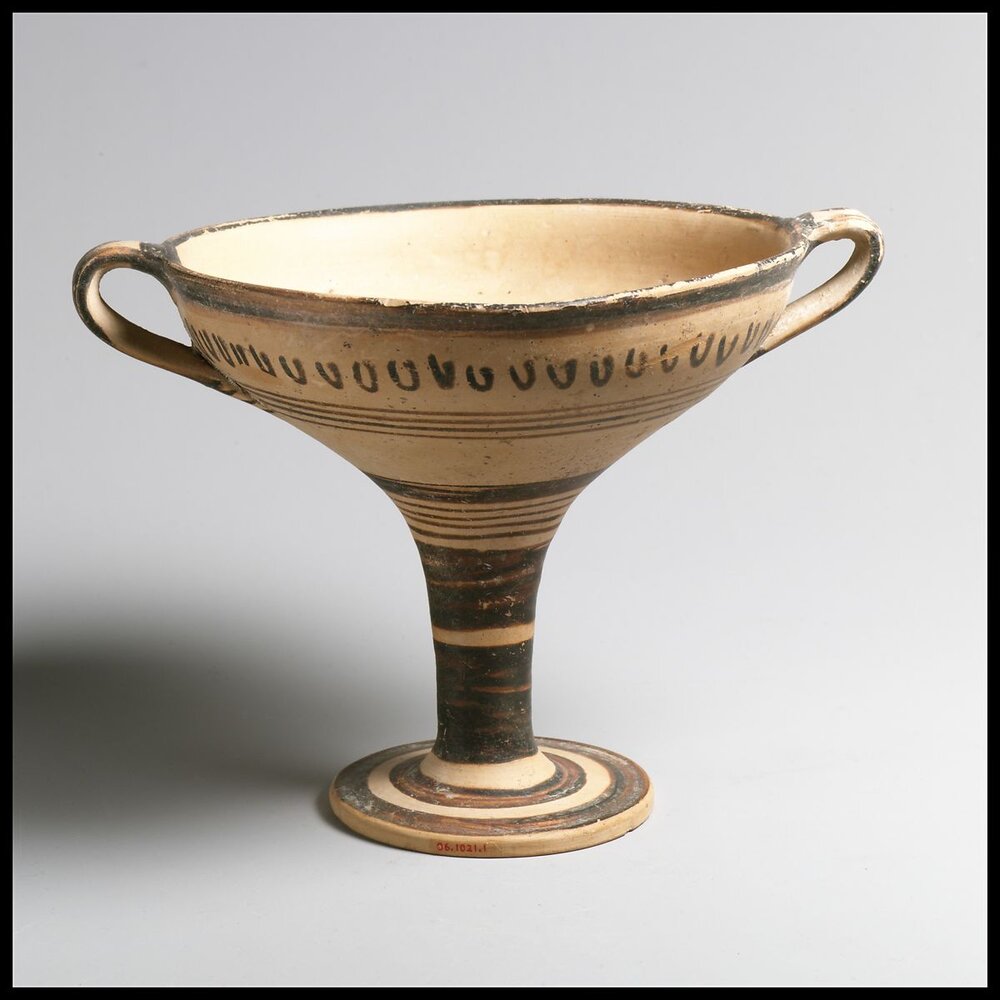
The World & Art
the world & art: framing from outside
There are many voices and points of view possible in creativity, art and craft.
When we realize the size and scope of the earth and its citizens, we can imagine many ideas and techniques.
Art is made under many circumstances, such as time, place, people, purpose or situation.
Therefore, there are categories used by art scholars to help us find ways to consider art around the world.

Tsimshian/Haida. Raven rattle, 19th cent. Wood. NW Coast of US and Canada. The Metropolitan Museum of Art.
Art is made over a range of TIME
Art is made in many PLACES
Art is made by a range of PEOPLE
Art is made for many PURPOSES
Art is made in many SITUATIONS
For example,
art might be made in the early 1800’s, in the Pacific Northwest, by a Tsimshian person as a gift for the village, such as this Raven Rattle, carved from wood.
[ CHRONOLOGY ]
[ GEOGRAPHY ]
[ SOCIOLOGY ]
[ RATIONALE ]
[ CONTEXT ]
Categories we may encounter might come from a range of ideas, persons or places.
art history
art survey
eras of art
bias or point of view
inside the academy
outside the salon
alternative
pop art
deviant art
street art
folk art
naive art
underground art
public art
art & social change
Artists may be described by gender, ethnicity, region or culture depending on the source of the description.
Examples might include: Aboriginal, African, American, Asian, Australian, Canadian, European, Indigenous, Latin American, Middle Eastern, Polynesian, Filipino… and more.
Or an artist might self-describe himself or herself and his or her artistic life.
Examples might be ‘living and working in New York City, Paris, France or Bangkok, Thailand’ regardless of birthplace, national origin or ethnic background.

Bias from ages past can affect all of the categories of art & culture.
When you read about and experience art, think about how knowing more about ‘the world’ may help you reveal deeper and broader insights about the creativity, the art and the artists that surround us.
-
-
-




